Mild inflammation is a natural part of life. No, we know, it sounds odd, but trust us on this—inflammation has an evolutionary purpose. It works to detect things like infections and injuries and eliminate them. However, there are other factors that can cause inflammation, like genetic disorders, stress, and an unhealthy diet. And if we’re not careful, that inflammation can go straight to our gut.
What is Gut Inflammation?
It sounds gross, we know. But hear us out. The gut plays an essential role in our bodily functions. For one, it impacts 95 percent of our brain function daily. So, when we’re stressed or experiencing anxiety on a regular basis, our gut is likely the reason why—or vice versa!
In addition to negatively impacting mental health, gut inflammation can also compromise your immune system. Common food allergens like dairy, shellfish, and wheat also increase gut inflammation symptoms.
Symptoms of gut inflammation include:
- Abnormally high sugar cravings
- Upset stomach
- Unintentional weight gain or loss
- Irregular sleep patterns and fatigue
- Skin irritation and conditions
- Food intolerance
Many people refer to the gut as a “second brain”. Since its health determines the overall function of both your brain and body, you have to do what it takes to keep it healthy. One of the best ways to maintain a healthy gut and reduce inflammation is by adding the right foods to your diet.
With that, here are 12 anti-inflammatory foods that’ll improve your gut health.
Anti-Inflammatory Foods
1. Berries
Although they’re small, berries pack a huge health punch. They contain anthocyanins, which are an antioxidant with anti-inflammatory properties. For example, studies show that eating blueberries increased the number of natural killer cells, which support immune function. Popular berries include strawberries, blackberries, raspberries, and of course, blueberries. Try adding a cup of berries to a smoothie, a salad, or eat them on their own.
2. Avocados
It’s hard to make an anti-inflammatory food list without avocados. Avocados are considered a superfood because of their many health benefits. For instance, avocados have a number of nutrients that, when combined, combat inflammation.
We’re talking polyphenols, monounsaturated fats, magnesium, fiber, vitamin A, and vitamin B-complex—all working together to encourage gut regulation.
Avocados also have a low sodium content, which helps keep inflammation at bay. If possible, eat at least half of an avocado daily.
3. Leafy Greens
Leafy greens like cruciferous vegetables are with many nutritious properties. Cruciferous veggies contain the antioxidant sulforaphane, which reduces cytokines and NF-kBs. (Cytokines are signals that trigger immune responses. When combined with NF-kBs, inflammation increases.)
Swiss chard is another nutrient-rich leafy green that regulates inflammation levels. When combined with other greens like spinach and kale, you greatly reduce your vulnerability to inflammatory-related health conditions. As with anything, the minute you add heat, you lose nutrients. So, eating leafy greens raw provides the most nutrients.
Aim for two servings of mixed greens a day. Mixed salads and green juices are perfect ways to keep inflammation at bay.
4. Turmeric
Turmeric, a spice commonly used in Indian cuisine, works wonders for inflammation. Turmeric has a high curcumin content, which drastically reduces inflammation with regular consumption. When paired with black pepper, the anti-inflammatory properties are boosted even further.
Many people avoid the health benefits of turmeric because of its strong, earthy flavor. However, there are a number of ways you can get the nutrients and mask the taste. One way is to add some to a smoothie. Since smoothies are naturally sweet, adding a teaspoon of turmeric with a pinch of black pepper shouldn’t overpower the taste. You can also season your food with turmeric or make golden milk.
Golden milk combines a number of spices with warm non-dairy milk and honey. Altogether, this drink is a powerhouse that helps reduce inflammation and minimizes the symptoms of conditions like arthritis.
5. Dark Chocolate
Aren’t you so excited to see this one make our list? Dark chocolate is both healthy and delicious. Dark chocolate and cacao contain flavonols, which have anti-inflammatory benefits. Regularly eating dark chocolate reduces your chances of developing inflammation-related diseases. When choosing dark chocolate, make sure it has at least 70 percent cacao for optimal results.
6. Salmon
Salmon is considered a fish with a high healthy fat content. Salmon has omega-3 fatty acids, which contain DHA and EPA—compounds that our bodies just don’t produce, but are amazing for memory and muscle retention.
How do they work? These compounds metabolize into resolvins and protectins, which reduce the C-reactive proteins responsible for inflammation production. For the best results, eat salmon at least twice a week.
7. Green Tea
Green tea has numerous healing properties. The EGCG content in green tea prohibits the overproduction of cytokine, which reduces inflammation levels. Health experts recommend drinking three to five cups of green tea daily to reap the anti-inflammatory benefits. Plus, if you add some honey, you can make your anti-inflammatory boost a little sweeter.
8. Extra Virgin Olive Oil
Just like salmon, extra virgin olive oil contains monounsaturated fats and polyphenols that reduce inflammation. You can either replace your cooking oil with extra virgin olive oil or take up to four tablespoons a day!
9. Tomatoes
Tomatoes are among the healthiest fruits available. In addition to vitamin C and potassium, tomatoes contain lycopene, which reduces compounds that cause inflammation. If you don’t feel like eating tomatoes, drinking tomato juice is an excellent way to reduce inflammation. Or you can eat tomatoes drizzled in extra virgin olive oil to increase your lycopene levels.
10. Beans and Legumes
Beans are typically a hit-or-miss food. Even if beans aren’t your fav, you should really consider adding them to your anti-inflammatory diet plan. Beans have both a high fiber and protein content, which regulates inflammation levels. Even as little as two servings of beans per week are enough to improve your overall health. Plus, there are so many different types of beans, so you can really experiment with whichever you prefer.
Legumes like chickpeas, green peas, and lentils are another great addition to your anti-inflammatory diet. They’re high in fiber and protein, so if you absolutely don’t like beans, you can still get the nutrients you need.
Now, there’s some debate that these two foods actually increase the amount of inflammation your body produces because of their lectin content. Lectin, commonly referred to as antinutrients, is a protein that binds to carbohydrates and sugar. However, if you soak or cook beans and lentils, it neutralizes this ingredient and increases their health benefits. So make sure you practice soaking or cooking them prior to adding them to your favorite dish.
11. Garlic
Everyone should have garlic in their kitchens. Best known for its anti-inflammatory properties, garlic is versatile and blends well with other foods that fight inflammation like olive oil. Plus, it works whether you cook it or eat it raw.
As we’ve previously discussed on the blog, garlic contains allicin, a compound released within a minute of crushing it. The allicin found in garlic is most potent when eaten raw. If you want to mask the strong taste, you can add crushed garlic to a tablespoon of honey. You can also add raw garlic to your salsa, guacamole, or salad dressing. And it’s freaking delicious.
In addition to eating garlic, you can also apply it topically! This also helps decrease inflammation levels. For example, garlic-infused oil is great for combating symptoms of arthritis, especially when massaged into your joints. If you choose to eat garlic, many health experts recommend up to three cloves a day. You can also take a garlic supplement daily!
12. Cherries
Cherries are a fruit that is high in antioxidants. They contain catechins and anthocyanins: two antioxidants that reduce the stress responsible for higher inflammation protein levels.
Cherries also reduce uric acid, which causes inflammatory conditions like gout. Recent studies showed that consuming about 280 grams of cherries for 30 consecutive days had lower health benefits for at least 28 days later. Isn’t that neat?
There are many types of cherries available, but not all of them have the same nutritional benefits. For the purposes of lowering your inflammation, it’s best to incorporate tart cherries or tart cherry juice into your lifestyle.
The Benefits of Whole30 for Gut Health
If you want to try an elimination diet to reduce gut inflammation, consider using the Whole30. The Whole30 diet is a 30-day reset that eliminates a large amount of inflammation-causing foods like sugars, carbohydrates, dairy, grains, and alcohol. Not only do these items increase inflammation, but they also cause a significant amount of weight gain, which can make you at a higher risk of inflammation-related illnesses.
Healthcare professionals (like our very own RD, Sam Presicci!) recommend this plan because it is a controlled version of an elimination diet, which involves cutting out foods and gradually reintroducing them to figure out which ones are problematic to your health. Trash the foods that cause inflammation from your home for 30 days to see how you feel and then track your progress.
Your gut needs inflammation regulation to function efficiently. Oftentimes, what we eat contributes to higher inflammation levels. By eating these 12 foods, you lower your chances of developing severe health conditions that negatively impact your quality of life. Nutrition plans like Whole30 are a great way to balance inflammation levels and boost your overall wellness.
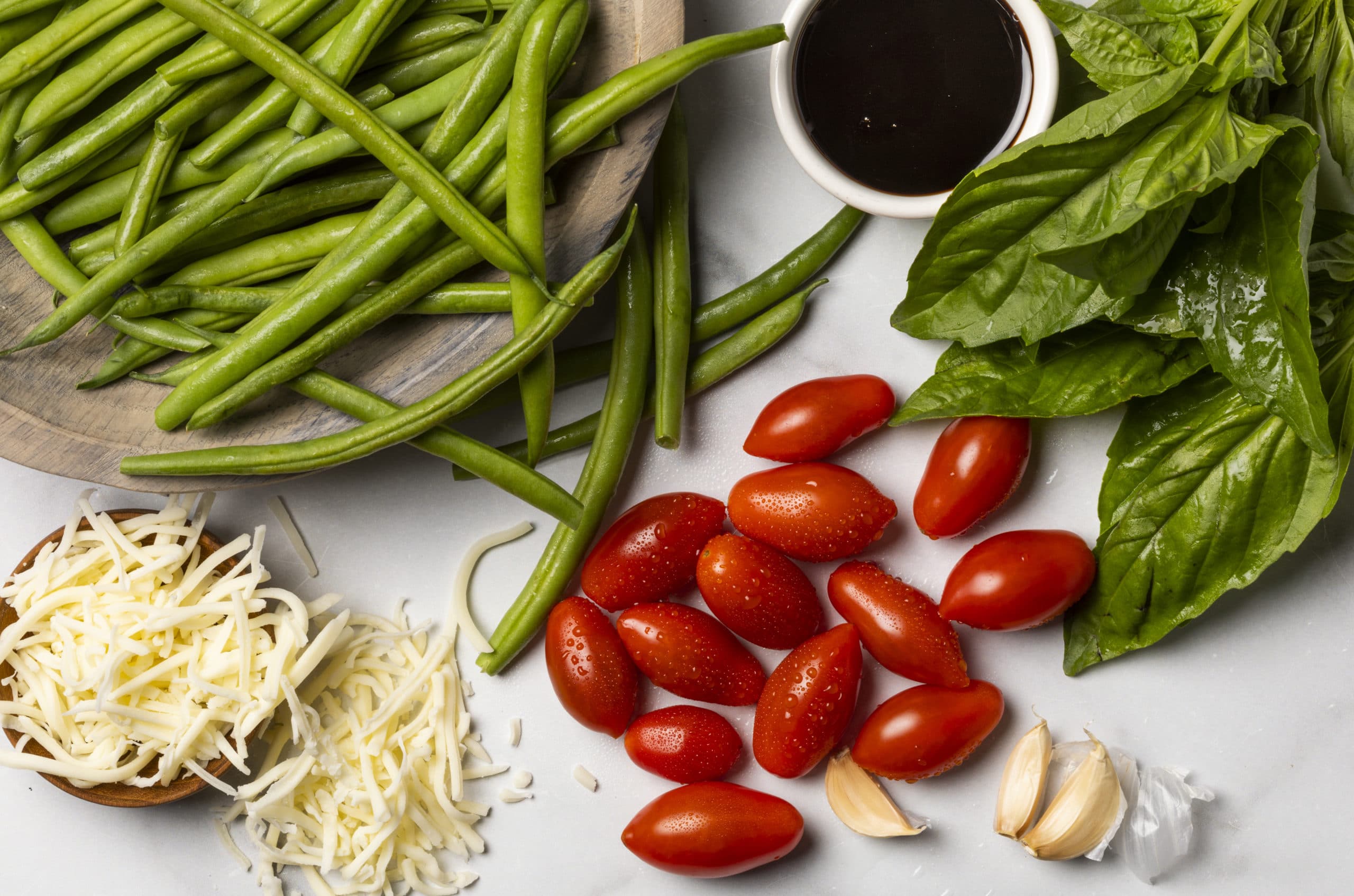
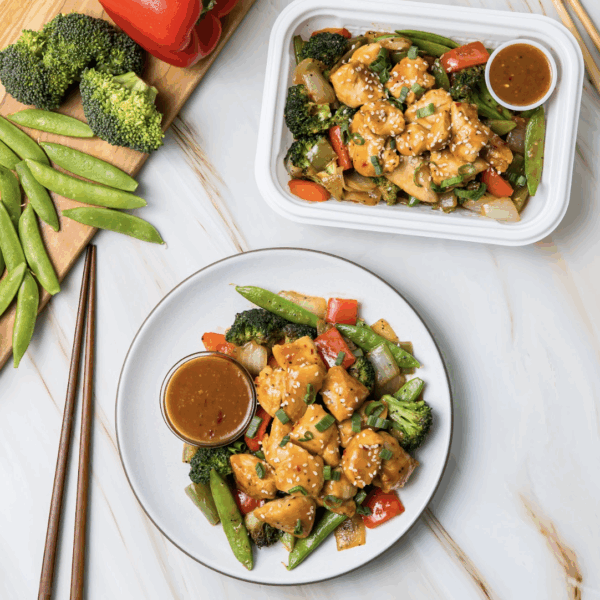
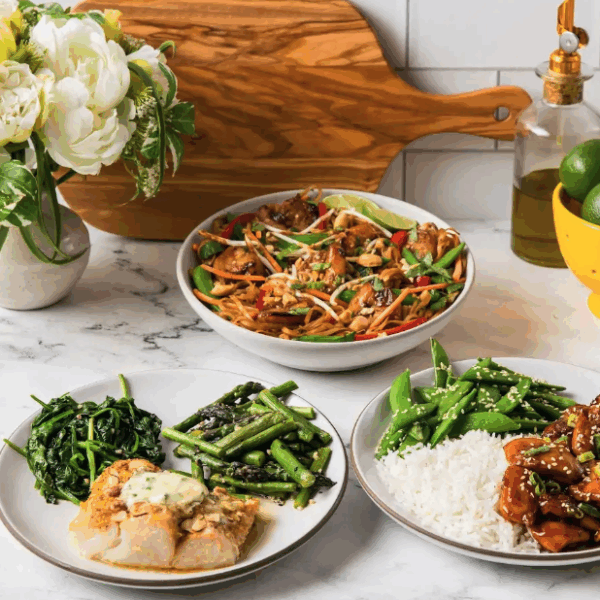
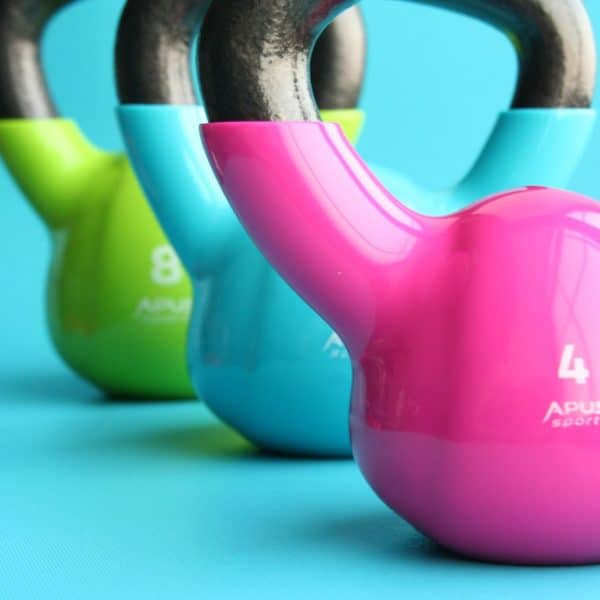
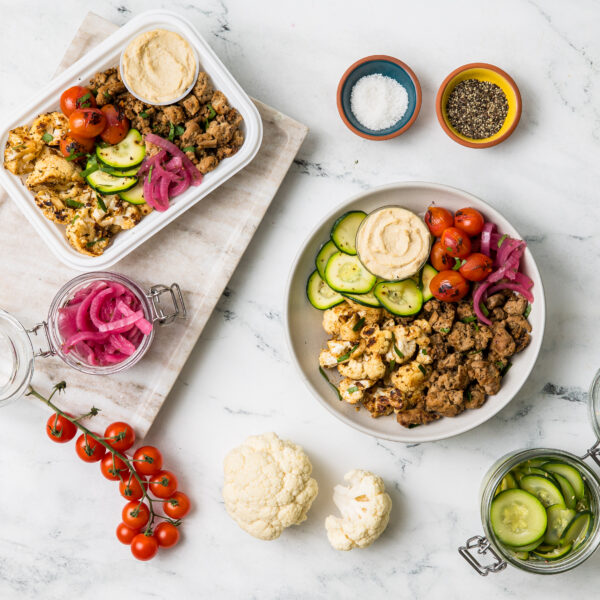
Leave a Reply
No Comments